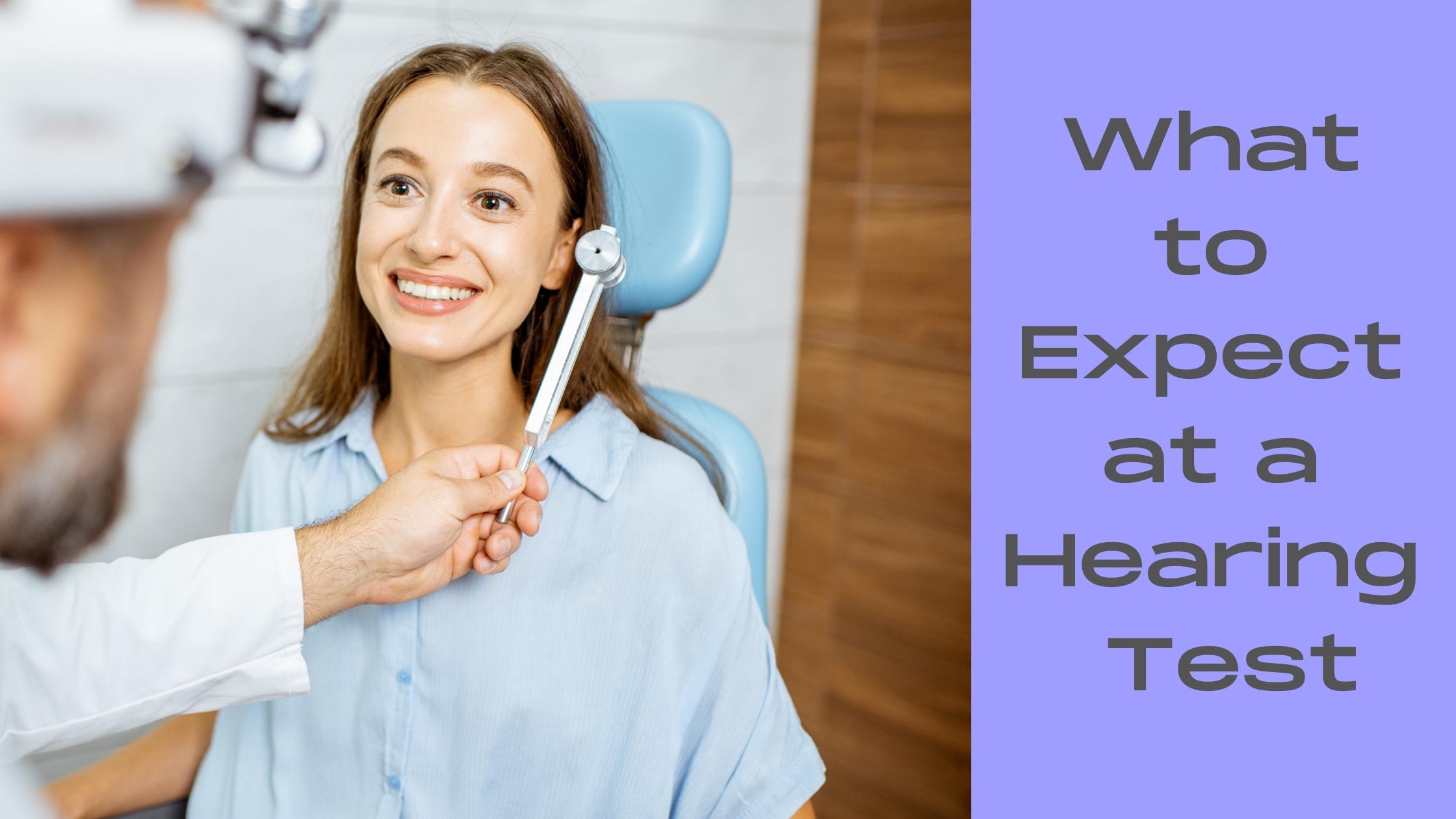Have you found you’ve needed to ask people to repeat themselves more often than not these days? Do the people in your life seem to mumble or do you struggle to follow a conversation in a noisy room? It’s easy to blame this on all sorts of things but these are actually all very common signs of hearing loss.
Early on, it is easy to ignore or put off dealing with your hearing loss but as time goes on, this can become a serious emotional and physical health issue. The sooner you identify your hearing issues, and their severity, the sooner you can seek treatment. The best way to do this is schedule a hearing test. Many put off having their hearing tested due to denial or procrastination but it’s important to understand that hearing tests are easy and painless. Here is a simple list of what to expect during a hearing test, to make sure there are no surprises.
A hearing health history
Your hearing health care professional will not only want to examine your ears but ask you a series of questions to better understand aspects of your life that could determine the nature of your hearing ability. These questions are also meant to find out what type of assistive listening device may work best for you and your lifestyle. Your practitioner will ask you questions such as if you’ve had past ear infections, family hearing history, current and past professions and what kind of hobbies you enjoy.
Getting a hearing test
Once you’ve answered these questions and your practitioner has a better idea of your hearing goals and current situation the more active part of your hearing exam can begin. You will sit in a soundproof room and wear headphones or soft earplugs with wires connected to an instrument called an audiometer that is used to conduct the test. There are different tests used to determine different aspects of your hearing ability.
Pure-tone audiometry
This test measures your ability to listen to tones at different pitches and volumes. Your hearing care professional will be able to communicate with you via a loudspeaker which is broadcast from outside the booth. You will be asked to listen carefully and identify tones and pitches in each ear. This test is designed to register the softest sound you can detect.
Speech audiometry
This portion of the exam evaluates the softest speech sounds (threshold) you can hear and comprehend. You will then be asked to repeat back words at different volumes to see how much you can understand at different levels. This test is used to determine your high and low limit of volume for listening to the conversation.
Speech in noise and words in noise tests
Tests such as the Speech Perception in Noise test (SPIN), the Speech in Noise test (SIN or QuickSIN) and the Hearing in Noise Test (HINT) are designed to determine how well you hear in noise. For many, especially a younger generation, your hearing may seem fine in a sound-controlled room but the issue with hearing might be more difficult in noise. These tests quiz you on your conversational comprehension as ambient sound is slowly increased.
Tympanometry
This is a test of your acoustic reflexes and uses soft plugs to create pressure changes while transmitting sound into your ear canal. This will help measure the movement of your eardrum and measure the reflexive responses of the muscles in the middle ear.
Understanding your hearing test results
When your test is complete the results will be recorded on a graph called an audiogram. This chart effectively shows the quietest thresholds of pitch tone and volume you can hear. Each ear is reported separately by two different lines. Your test will give you and your practitioner a true idea of the severity of your hearing loss and also what treatment options will best suit your particular needs.
Next steps after testing
The most common treatment for hearing loss is hearing aids. For mild cases, assistive listening devices may suffice while severe cases may require cochlear implants to be prescribed. The good news is after your hearing loss you can finally understand what steps to take next in order to help you hear clearly again. Once you are treating your hearing loss you can focus on other things such as connecting with family and enjoying your favorite hobbies again, with clear hearing.

